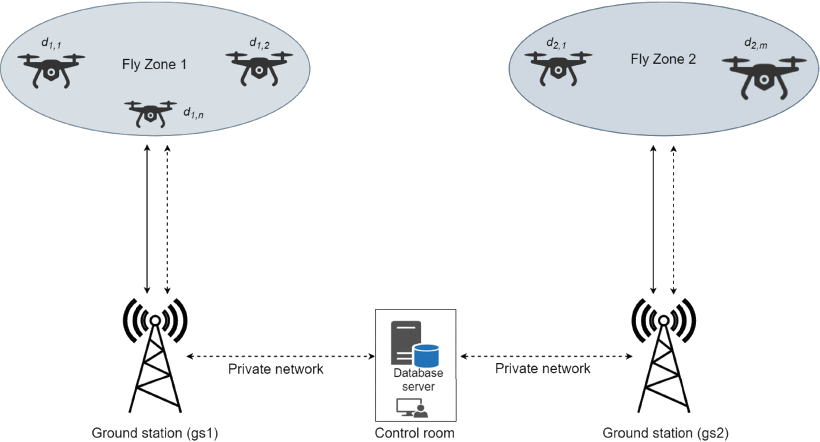Can Quantum Cryptography Make Drones More Secure?
With the rapid advancement of drone technology, their applications have expanded into various sectors, including defense, surveillance, logistics, and disaster management. However, as drones become more integrated into critical operations, they also face increasing cybersecurity threats. Hackers can intercept drone communications, manipulate flight paths, or even take control of an entire fleet. Traditional encryption methods, while effective to some extent, are vulnerable to quantum computing attacks. This is where quantum cryptography emerges as a potential game-changer, offering an unprecedented level of security for drone communications.
Quantum cryptography leverages the principles of quantum mechanics to secure communication channels. Unlike classical encryption methods that rely on mathematical complexity, quantum cryptography utilizes quantum key distribution (QKD), which ensures that any attempt to intercept or tamper with a transmitted message is immediately detected. This makes it virtually impossible for cybercriminals to hack or manipulate the encryption keys used in secure drone communications.
Drones rely heavily on wireless communication for navigation, data transmission, and command execution. Traditional encryption techniques, such as RSA and AES, are susceptible to decryption using powerful quantum computers. However, quantum cryptography ensures that encryption keys are exchanged securely, making it impossible for hackers to eavesdrop or intercept data. This is particularly crucial for military and surveillance drones, where data confidentiality is a top priority. One of the most common threats faced by drones is signal hijacking, where an attacker takes control of a drone by intercepting its communication link. Quantum cryptography prevents this by utilizing quantum entanglement, which ensures that any attempt to access or modify the transmitted data alters its quantum state, alerting both the sender and receiver of a security breach. This makes cyberattacks significantly harder to execute.
In addition to preventing unauthorized access, quantum cryptography ensures data integrity by detecting any modifications in transmission. If an attacker tries to alter or manipulate the drone’s data packets, the system will instantly recognize the change, preventing false commands from being executed. This feature is essential for autonomous drones used in surveillance, military operations, and emergency response, where decision-making depends on real-time, unaltered information. While quantum computing is still in its early stages, its potential to break classical encryption poses a major cybersecurity risk. Once quantum computers become powerful enough, they could easily crack traditional cryptographic systems. By implementing quantum cryptography in drones today, organizations can future-proof their systems against potential quantum threats, ensuring long-term security.
While quantum cryptography offers revolutionary security benefits, integrating it into drone technology comes with challenges. Quantum cryptographic systems require specialized hardware, such as photon-based encryption systems, which can be bulky and complex to integrate into compact drone designs. Current quantum communication systems have distance limitations, making them more suitable for short-range secure communications rather than global-scale drone networks. Additionally, quantum cryptography technology is still in its early stages, and implementing it on a large scale requires significant investment. However, as technology advances, costs are expected to decrease.
Despite these challenges, researchers and tech companies are actively working on miniaturizing quantum cryptographic systems to make them suitable for drone applications. Future developments in satellite-based quantum networks and lightweight quantum processors could pave the way for widespread adoption of quantum-secured drones. Governments and defense agencies are already exploring the potential of quantum encryption to secure unmanned aerial vehicle (UAV) operations.
As drones continue to play a vital role in various sectors, ensuring their security against cyber threats is of utmost importance. Quantum cryptography presents a groundbreaking solution to enhance drone security, offering unbreakable encryption, real-time intrusion detection, and protection against future quantum computing threats. While challenges remain, ongoing advancements in quantum technology indicate a promising future where drones can operate with absolute cybersecurity, safeguarding critical data and missions from cyber adversaries.
.png)






Leave a Comment
Your email address will not be published. Required fields are marked *